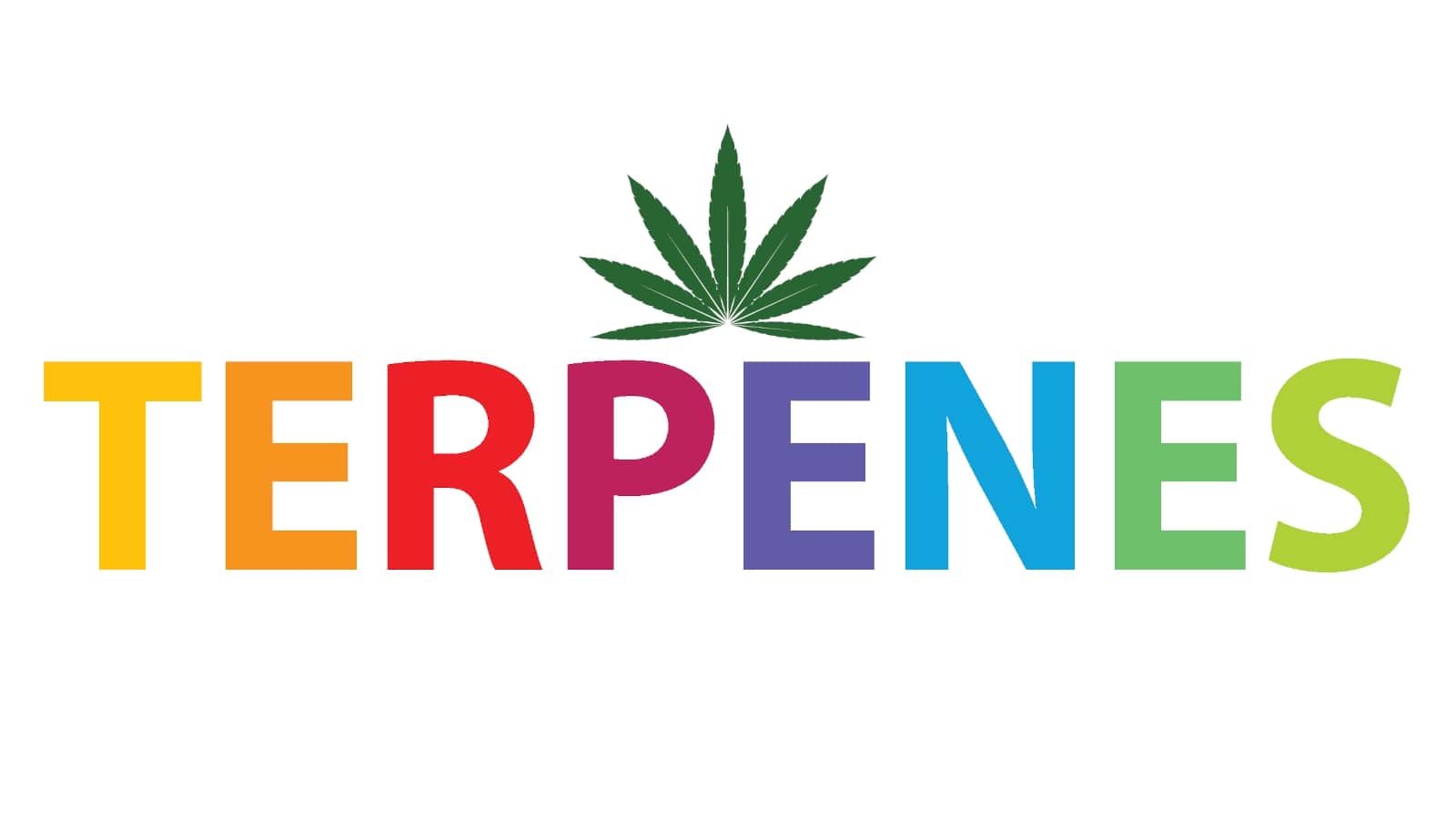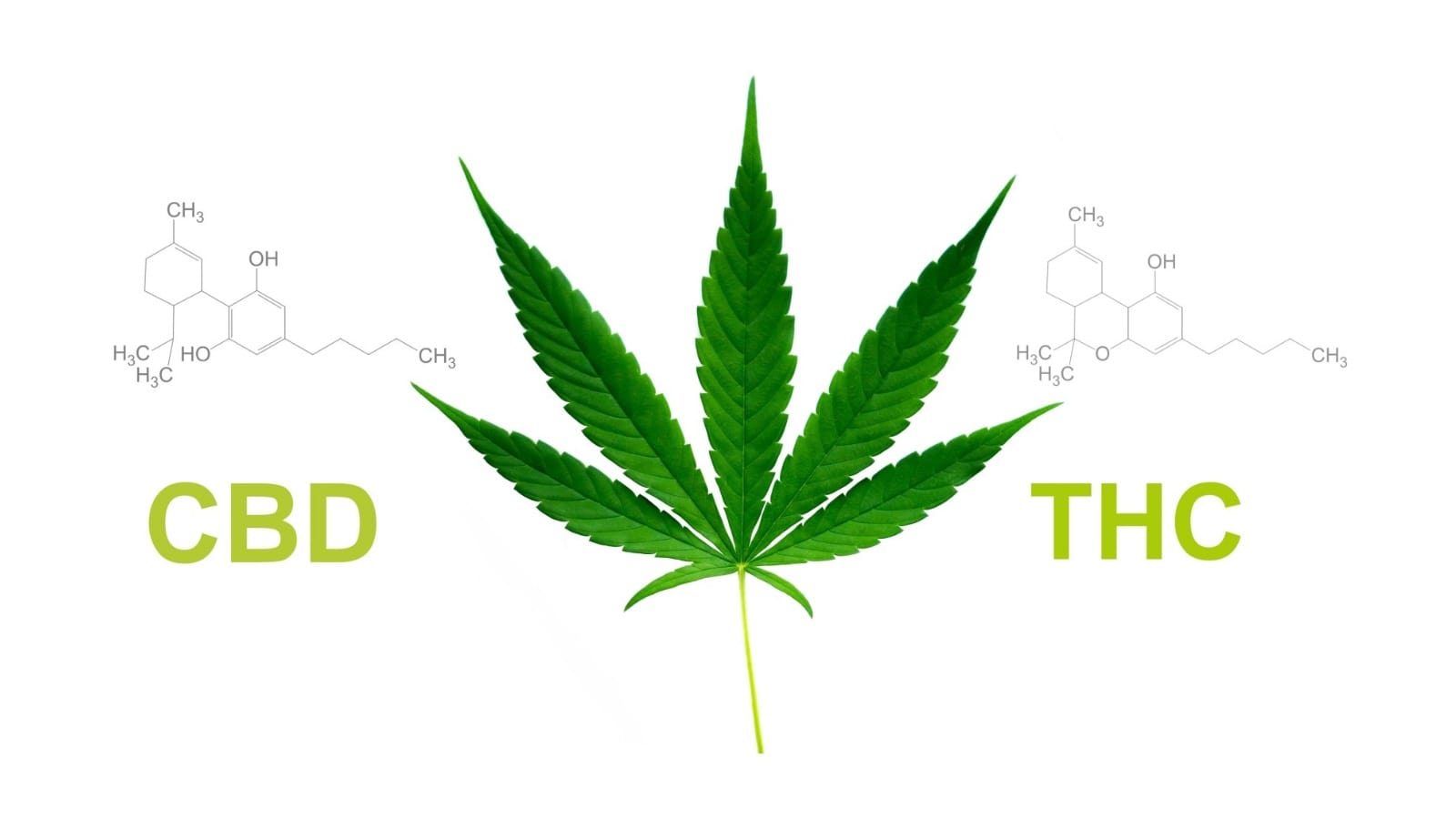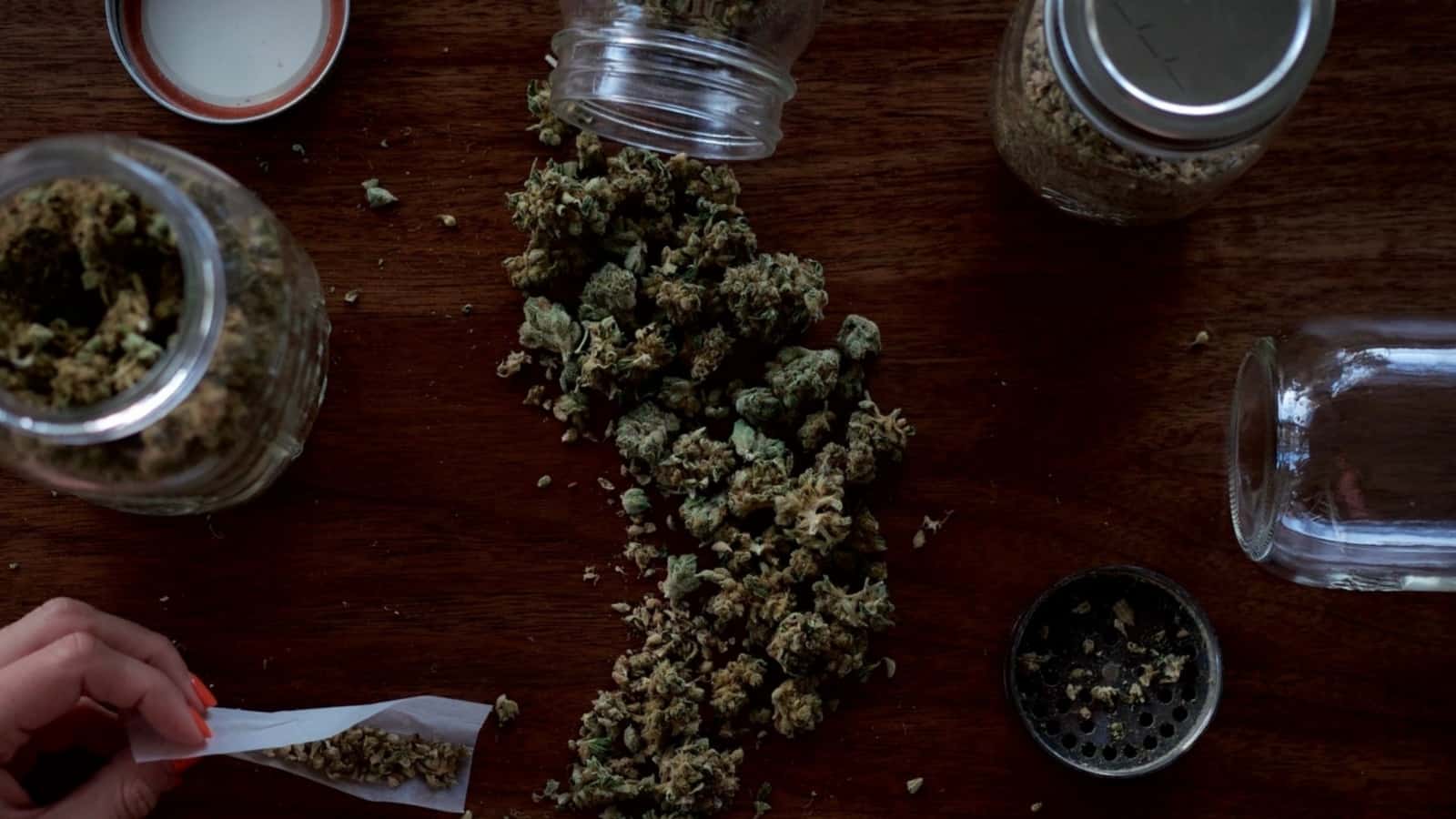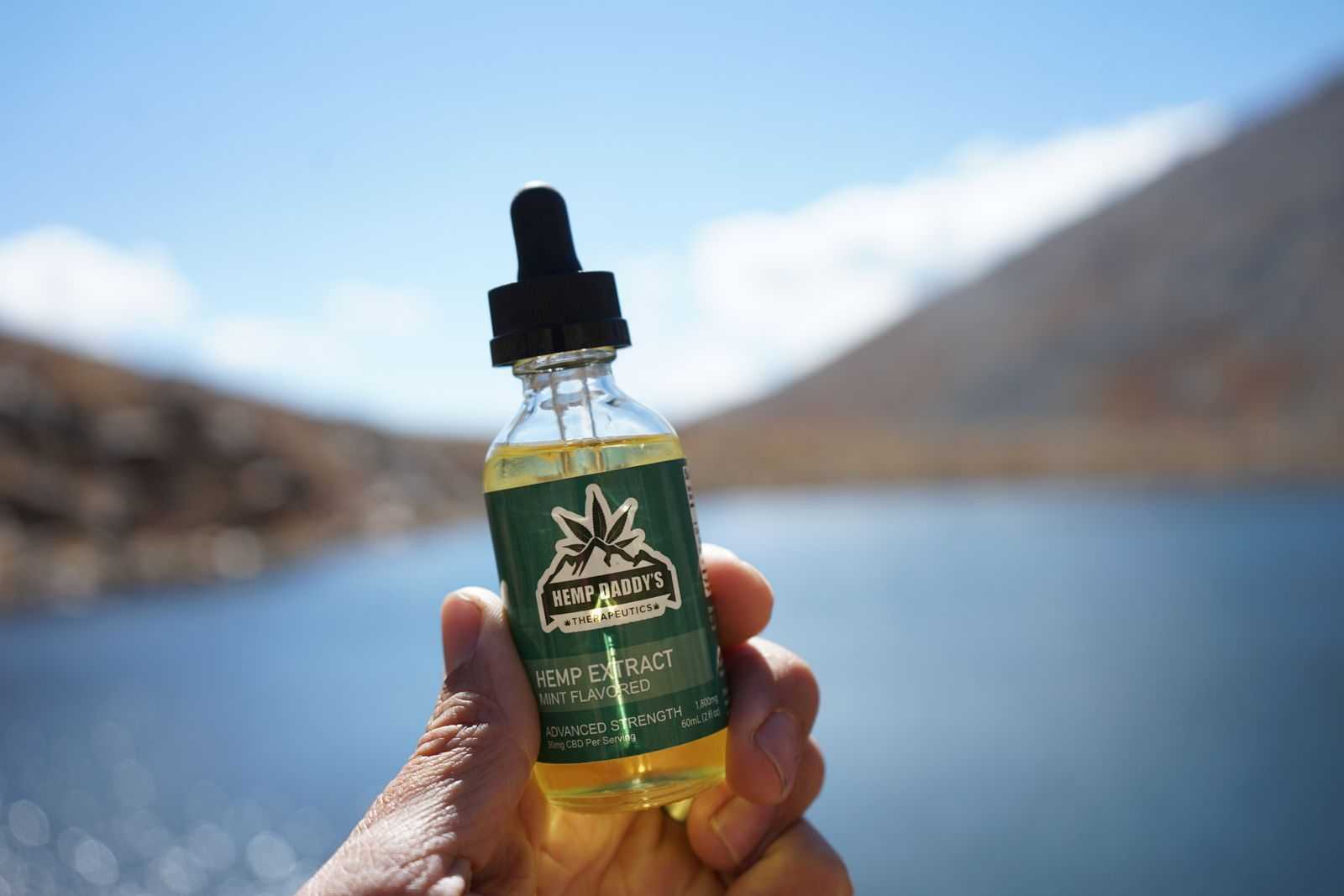
What is Cannabis Oil: Medicinal CBD and THC
- What is cannabis oil?
- The health effects and benefits of CBD and THC oil
- How does cannabis oil work?
- The cost of cannabis oil products
- Cannabis oil brands and products in Australia
- What medical conditions does cannabis oil treat?
- The difference between cannabis oil and hemp seed oil
- The best way to take cannabis oil
- Conclusion
Medicinal cannabis is legal in Australia, but you don’t need to smoke it! CBD and THC cannabis oils are the latest treatment for Australians with a medical condition existing for three months or more.
Cannabis oil is a medicine that is extracted from marijuana and hemp plants. The most common extracts used for oil in Australia are CBD and THC. These are extracted from cannabis to create medical oils. THC oil has an intoxicating effect, while CBD has a calming therapeutic effect.
Table of Contents.
What is cannabis oil?
Maryjane, ganja, marijuana, pot amongst other names is a psychoactive drug whose origin is rooted in the cannabis plant.
Thanks to years of extensive research, the cannabis plant is now given the all-clear to be used for medical and or recreational uses in Australia.
The main ingredients in cannabis oil are:
CBD and THC are both extracted from cannabis plants and used as the primary medical ingredients for medicine prescribed at Cannabis Clinics across Australia.
Cannabis oils contain a ratio of CBD and THC. This ratio varies depending on the medical conditions it will treat
The most common ratios are:
- THC 20:8 CBD (THC 20%, CBD 8%)
- THC 5:20 CBD (THC 5%, CBD 20%)
The remaining per cent filling the bottle is a carrier oil. This is typically Hemp Seed oil or olive oil.
CBD and THC oils are usually mixed in with olive oil or hemp seed oil to improve on the flavour.
The health effects and benefits of CBD and THC oil

When I interviewed health professionals at Australian cannabis clinics, they informed us that CBD and THC oil are the most common medication prescribed.
These oils typically contain a mixture of THC and CBD that are tailored to specific patients and medical conditions.
Here we breakdown the most common symptoms, the average dosage of CBD or THC oil and the benefits of cannabis for these medical conditions.
| Symptoms | Average Dosage | Benefits |
|---|---|---|
| Chronic pain | 10% THC & 10% CBD | Analgesis |
| Inflammation | 20% CBD Oil | Anti-inflammatory |
| Supresses appetite | 10% THC-V | Anoretic |
| Stimulates appetite | 15% THC & 5% CBD | Appetite stimulant |
| Nausea & vomiting | 10% THC & 10% CBD | Antimetic |
| Intestinal contractions | 20% CBD | Intestinal antiprokinetic |
| Anxiety | 20% CBD | Anxiolytic |
| Psychosis | 20% CBD | Antipsychotic |
| Seizures | 15% THC-A & 10% CBD | Antiepileptic |
| Muscle spasms | 15% THC & 5% CBD | Antispasmodic |
| Sleep apnea | 15% CBN | Anti-insomnia |
| Immune system issues | 25% CBD | Immunosuppresive |
| Blood sugar levels | 15% CBD | Anti-diabetic |
| Nervous system degeneration | 30% CBD | Neuroprotective |
| Psoriasis | 25% CBD | Antipsioratic |
This is just the tip of the iceberg. CBD and THC treats a lot more symptoms, and Australia is not limited to any list of medical conditions.
To receive a prescription for cannabis CBD or THC oil, you will need to have pre-existing medical conditions (3 months or more).
Learn more about what medical marijuana is and how to access medical cannabis products in Australia with the below links.
How does cannabis oil work?
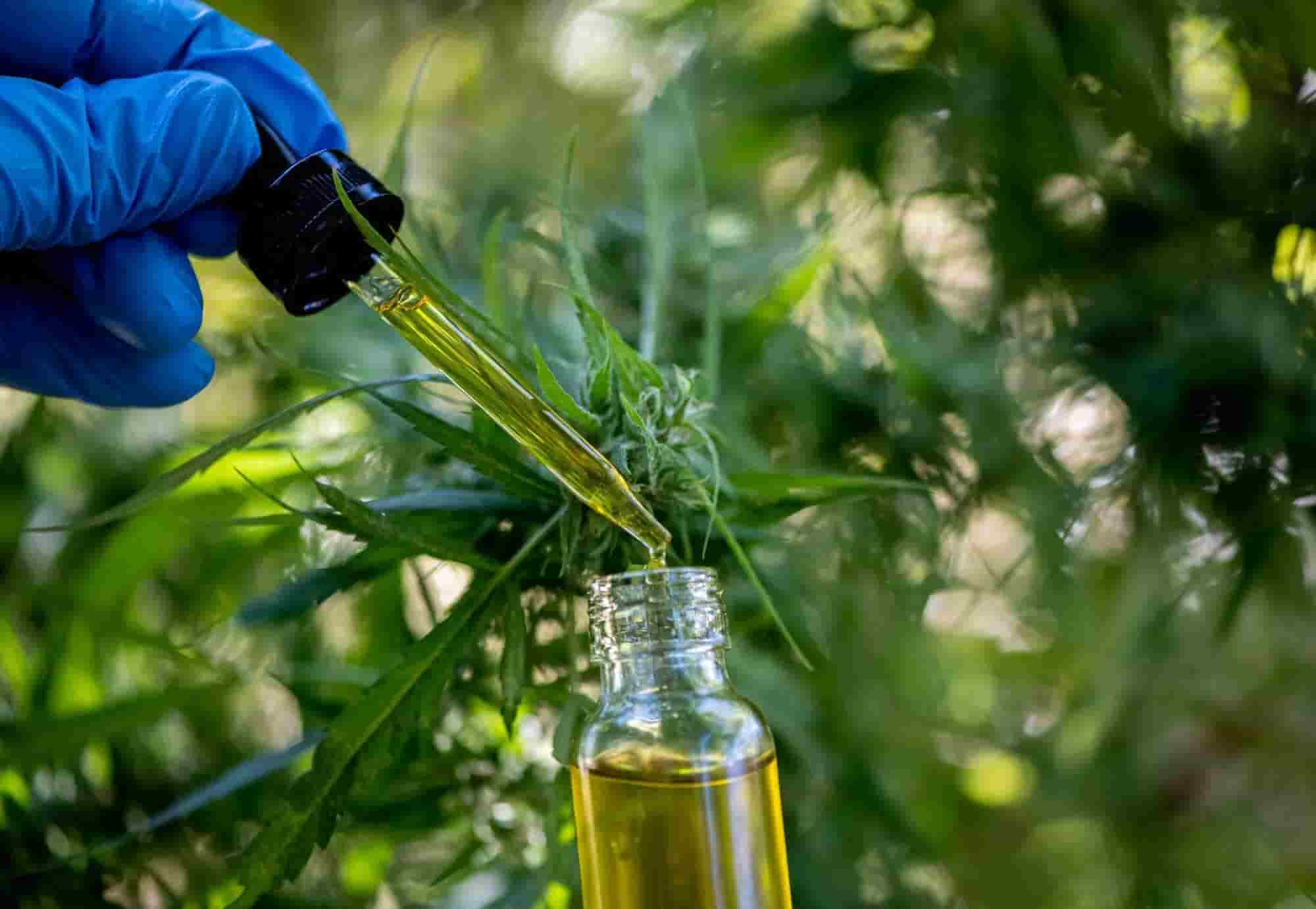
Since the dawn of the cannabis research era, scientists have found cannabis to be a potent panacea for pain many years ago.
Recent evidence has shown that cannabis extracts (CBD and THC oil) possess pain-relieving properties.
Cannabis has pain-relieving properties thanks to the Endocannabinoid system (ECS) in our bodies.
ECS is a widespread neuromodulatory system that plays essential roles in our central nervous system.
It helps in the regulation of a wide array of essential aspects, such as pain, sleep, inflammation, appetite, the pain associated with arthritis, multiple sclerosis as well as immune system response.
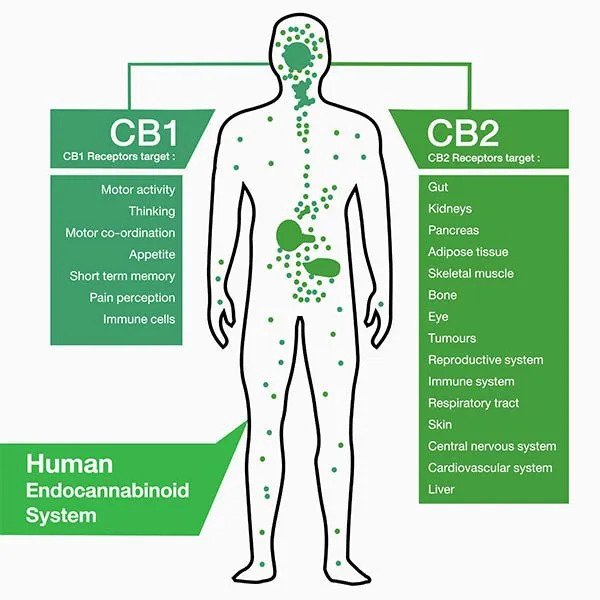
The body produces endocannabinoids or neurotransmitters, which in turn binds to cannabinoid receptors located in the nervous system.
The cost of cannabis oil products
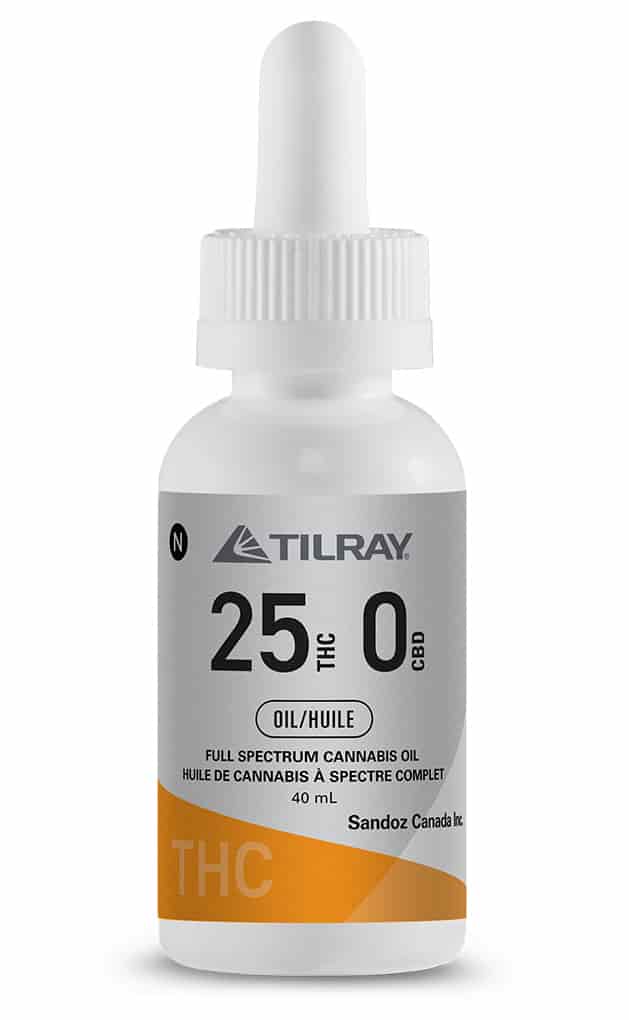
The price of medicinal cannabis oil is a tricky one, and there isn’t much information online in Australia.
Cannabis oil is priced on the amount of CBD and THC (milligrams) in each bottle.
You will often see the cannabis oil ratio as “20% CBD & 10% THC”.
Milligrams (mg) per bottle is less potent and cheaper, and milligrams/millilitres (mg/ml) is more potent and more expensive.
Here we break down a few example costs of cannabis oil based on the contents of CBD, THC and a mixture of the two.
| Bottle Size | Amount of CBD & THC | Cost |
|---|---|---|
| 10ml Bottle | 300 mg CBD | $80 |
| 10ml Bottle | 300 mg CBD & THC | $150 |
| 30ml Bottle | 600 mg CBD | $160 |
| 30ml Bottle | 600 mg CBD & THC | $300 |
| 30ml Bottle | 5 mg/ml CBD | $140 |
| 60ml Bottle | 900 mg CBD | $240 |
| 60ml Bottle | 900 mg CBD & THC | $450 |
| 60ml Bottle | 15 mg/ml CBD | $380 |
The price of CBD per milligram (mg) is $0.10 to $0.60.
The price of a mixture of CBD and THC per milligram is $0.20 to $0.70.
The price of CBD per milligram/milliliter (mg/ml) is $25. A 60ml bottle with 15 mg/ml of CBD contains an estimated 900 mg of CBD total.
Cannabis oil brands and products in Australia
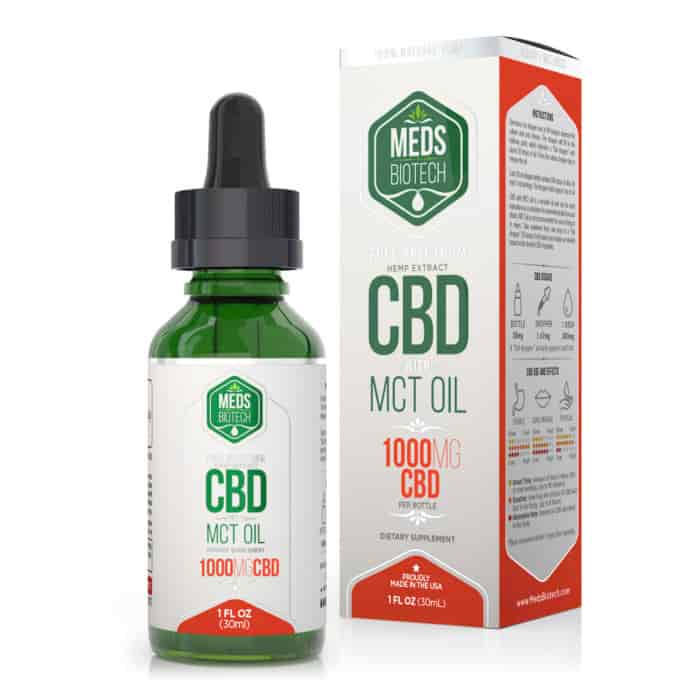
Cannabis oil is either made in Australia or imported from North America. When your doctor prescribes you with the medicine, they will direct you to a pharmacy that will recommend their chosen brand.
But how will you know if you are getting the best possible cannabis oil available?
The most popular brands for CBD and THC oil in Australia are:
- GD Pharma: GD Cann®-C and GD Cann®-T
- Cannatrek: medicinal cannabis oil
- MediFarm: medicinal cannabis oil
- Sativex: Cannabidiol; Tetrahydrocannabidiol
- Bod Australia: cannabis oil
- MedReleaf: Avidekel, CanvasRx and medicinal cannabis oil
- AusCann: medicinal cannabis oil
- LeafCann: medicinal cannabis oil
What medical conditions does cannabis oil treat?
There are no limitations to what medical conditions cannabis oil can be prescribed for.
Medical conditions existing for three months or more can apply for treatment at Cannabis Clinics in Australia.
A lot of our readers ask about how cannabis oil treats their medical conditions, so we have put together a quick list below.
Lessens depression and anxiety
The most common question our readers give us about cannabis is how does it treat or effect depression and anxiety?
At first glance, cannabis is a relaxing drug that only varies by potency and strength.
The truth is, cannabis is complicated and includes different species such as Indica and Sativa.
The Indica species of cannabis has a stronger body high and relaxing effect. This is typically used for treating epilepsy, sleep apnea and anxiety.
The Sativa species of cannabis has less of a relaxing body high and more of a focused and energetic feeling. This is typically used for treating depression, ADHD and chronic fatigue.
Cannabis oil extracted from the Indica plant with THC and CBD can be used to treat anxiety. Cannabis oil extracted from the Sativa plant with THC and CBD can be used to treat depression.
Cannabis oil for cancer-related symptoms
Cancer is the most common medical condition that cannabis oil is used for treatment.
Cannabis oil treats chronic pain, vomiting as well as nausea involved in cancer and chemotherapy.
According to cannabis researchers, cannabis oil possesses anticancer properties, which can repair death cell tissues in the breasts of people living with cancer.
Cannabis oil extracted from the Indica plant with a higher amount of THC and regular CBD can be used to treat cancer-related symptoms.
With research still at its infancy, these points haven’t been proven yet.
Cannabis oil for acne
According to researchers, acne is caused by a wide array of factors.
Some of these include overproduction of sebum, causal inflammation, bacteria, genetics and lots more.
However, the ability to the CBD to reduce sebum production thanks to its anti-inflammatory properties makes it a potent panacea for persons suffering from acne.
Cannabis oil extracted from either Sativa or Indica with a lower amount of THC and a higher amount of CBD can be used to treat acne.
Cannabis oil for brain health
To researchers and physicians in the field of cannabis, cannabis oil can be an effective treatment for persons suffering from neurological disorders, such as multiple sclerosis and epilepsy.
One study suggests that cannabis oil can reduce spasms by more than 70% of people living with multiple sclerosis.
Epilepsy Action Australia performed trials and a study that found cannabis oil had these effects:
- 43.9% reduction of drop seizures in CBD
- 5% became seizure-free
- more than 40% had their seizures halved
Cannabis oil extracted from Indica with a balanced amount of THC and CBD can be used to treat epilepsy and lessen seizures.
Another study concluded that people with epilepsy had their seizures reduced by 38% after consuming cannabis oil.
Cannabis oil for heart health
Cannabis may have both positive and negative effects on your heart’s health.
Higher amounts of CBD than THC is more beneficial for your circulatory system and your heart.
Smoking marijuana, unfortunately, has adverse effects that are going to cause more problems than they solve.
CBD dominant cannabis oil has positive Cardiovascular effects including:
- reducing blood pressure and the risk of hypertension
- reducing cholesterol
- reducing heart inflammation and avoiding apoptosis
Smoking marijuana may have negative Cardiovascular effects including:
- raising your resting heart rate
- dilating blood vessels
- making your heart pump harder
- artrial fibrillation
- increased risk of heart attacks
Cannabis oil provides you with the perfect amount of CBD and THC to treat health problems. Medical conditions that have cardiovascular and circulatory system problems benefit more from CBD oil than THC oil.
Amongst other things, cannabis oil can lower blood pressure associated with anxiety and stress.
The difference between cannabis oil and hemp seed oil
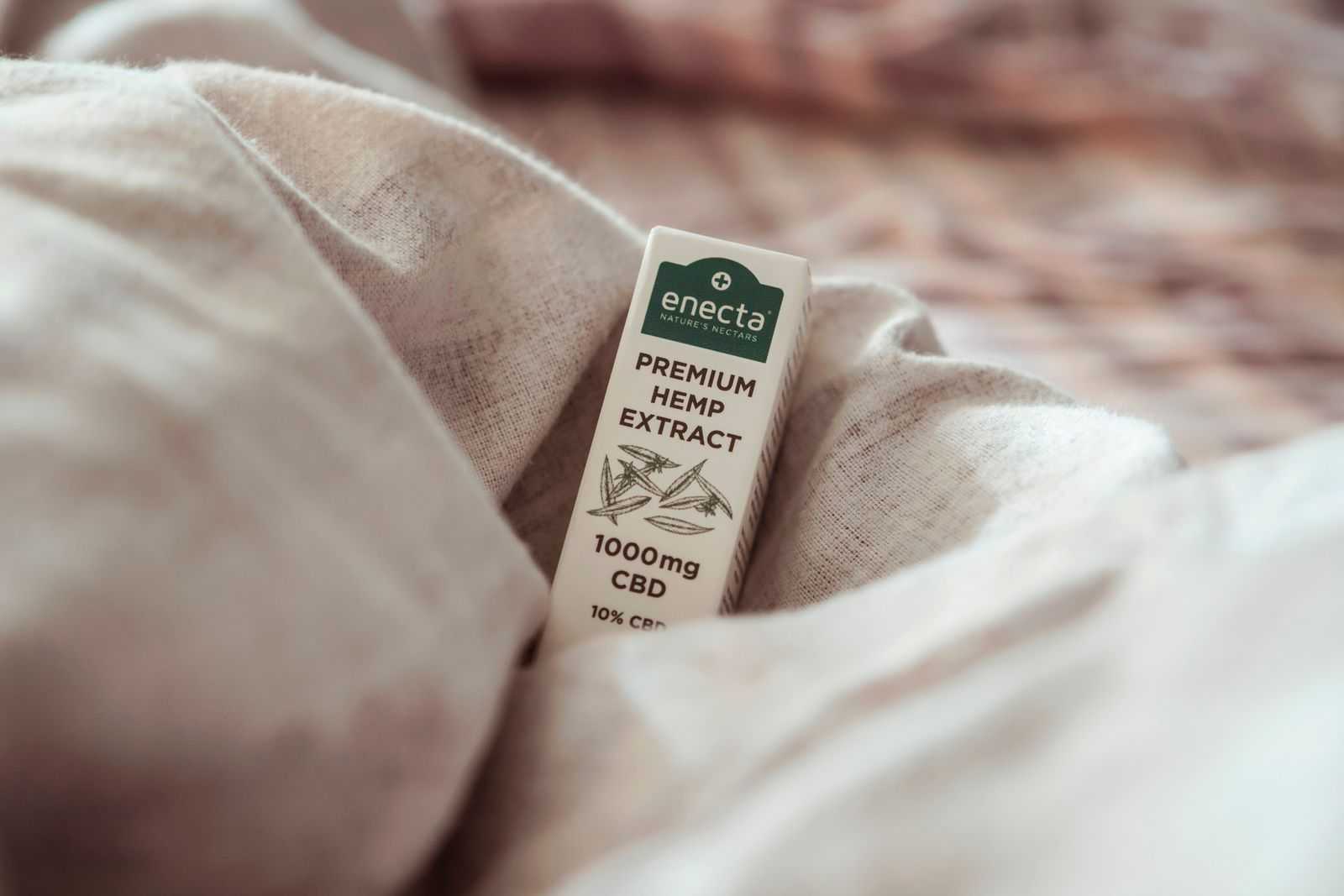
Hemp oil is created from hemp seeds. Hemp seeds have only trace amounts of CBD, THC or any other cannabinoids.
CBD and THC oils are extracted from the flowers and leaves of cannabis plants. The flowers and leaves have the highest amount of THC and CBD.
Hemp seed oil is not a medicine like THC and CBD oil prescribed by your doctor.
With that in mind, the two oils (Hemp Seed Carrier Oil and Hemp Seed Oil) vary in such different ways.
Especially in extraction, the properties, benefits, content and lots more.
Contrary to widespread belief, Hemp Seed Carrier Oil does not possess nor exhibits narcotic or sedative properties as its cannabis oil counterpart.
Hemp oil can be used for cosmetics, cooking, industrial use, and so much more.
The best way to take cannabis oil
It is always advisable to be cautious, and you should follow your doctor’s instructions, especially when it comes to dosing the cannabis oil.
Therefore, the golden rule for dosing the cannabis oils should be applied.
Which is begin with small doses over a given period with the prospect of possible upping the dosage if need be for better results.
To get better results from consuming the cannabis oil, all you need do is start with a few drops under your tongue with the aid of tinctures.
Then wait for a couple of hours to see how the body reacts to it.
There may come a time when you may need to make a few adjustments to your dosage, but a wide array of persons realise that a consistent dose can work for their needs for the long term.
Conclusion
Cannabis oil as available through your local doctor and Cannabis Clinic in Australia.
You can receive a prescription if you have a pre-existing medical condition lasting three months or more.
The main ingredients in cannabis oil are CBD and THC. These are extracted from Marijuana plants.
CBD does not have an intoxicating effect. THC has an intoxicating effect.
You will typically find cannabis oil with different ratios of CBD and THC, such as THC 20:10 CBD (20% THC and 10% CBD).
The ratio of CBD and THC in oil varies depending on the medical condition and patient.
There are multiple other cannabinoids other than CBD that deliver similar effects. Some of them include:
- CBDA (Cannabidiolic Acid)
- CBC (Cannabichromene)
- CBGA (Cannabigerol)
- CBD (Cannabidiol)
- CBCA (Cannabichromene)

Alex Paquette
Alex is answering Australia's questions about cannabis jobs, businesses and the medicinal marijuana industry. Research into cannabis in Australia and bringing accurate and up-to-date articles to you.
Disclaimer: Cannabis Place are not doctors and we recommend consulting health professionals for accurate information. This site may contain information regarding drugs. This content is designed for an 18+ audience. Click here for our full disclaimer

